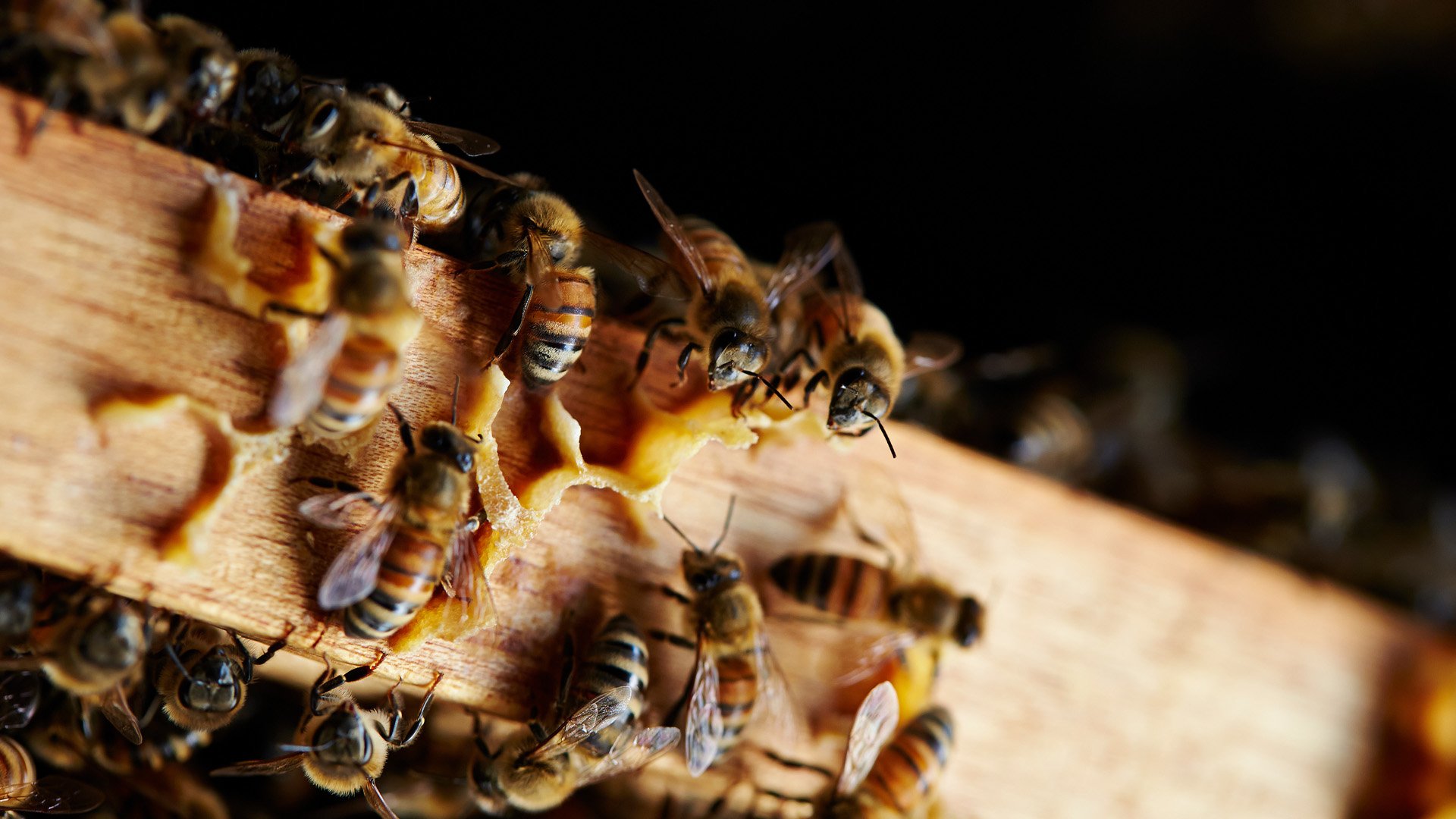
Breeding sustainable & productive honey bees through Artificial Insemination.
Objectives
Our overarching goal is to breed self-sufficient, gentle, limited swarming, disease-free bees from available Carniolan (Apis mellifera carnica) and Caucasian (Apis mellifera caucasia) stocks with little or no need for treatment and feeding through selective breeding by artificial insemination. A consistent honey yield of at least three medium supers with a high level of varroa-sensitive hygiene is required. Even though we utilize many different breeder lines in our breeding program our ultimate goal is to develop a line that exhibits the traits (needed to achieve our objectives) in excess over multiple generations.
Strategy
Our strategy is based on the following 3 common techniques:
Eliminate negative traits from our stock
Promote positive traits that influence our breeding objectives
Solidify the traits in our stock via back crossing and testing.
Breeding Stocks
We are fortunate to bring in the New World Carniolan breeder directly from Sue Coby before it transitioned to the NWC producer partnership program. Buzz Bees from California is one of the founding members of the NWC producer partnership program. I met with Buzz Landon while doing the Instrumental Insemination training at Sue Coby’s place. Starting last year, we get breeder queens from Buzz bees directly to enrich the diversity of the NWC gene pool in our breeding program.
New World Carniolan
Our first VSH breeder queen we added to our program came from Dr. John and Carol Harbo of Harbo Bee Company. No one needs any introduction to the work done by Dr. John and the quality of the stock he manages. We are very pleased to have the bees from his stock to add a high percentage of VSH traits to our breeding program.
VSH Resistant Breeder - Harbo Bee Co.
To begin our breeding program we start with the following breeding stocks available from the top bee researchers and breeders whom we have access. We thank all those breeders who helped us with their best genetic materials for our breeding program. Moreover, we also thank all our fellow bee breeders whose countless hours of wisdom have been documented and widely available for us to use in our program.
Our Caucasian breeder queens came directly from the work of Sue Coby as part of the University of Washington, Pullman Caucasian Breeding Program. The University of Washington is the only entity that has the permit to bring in Caucasian germplasm from Europe and they have been working diligently to improve Caucasian genetics in the United States. We are fortunate to receive the breeder queens from that program and we continue to work with other Caucasian breeders to improve the genetic pool and select traits that support our breeding objectives.




